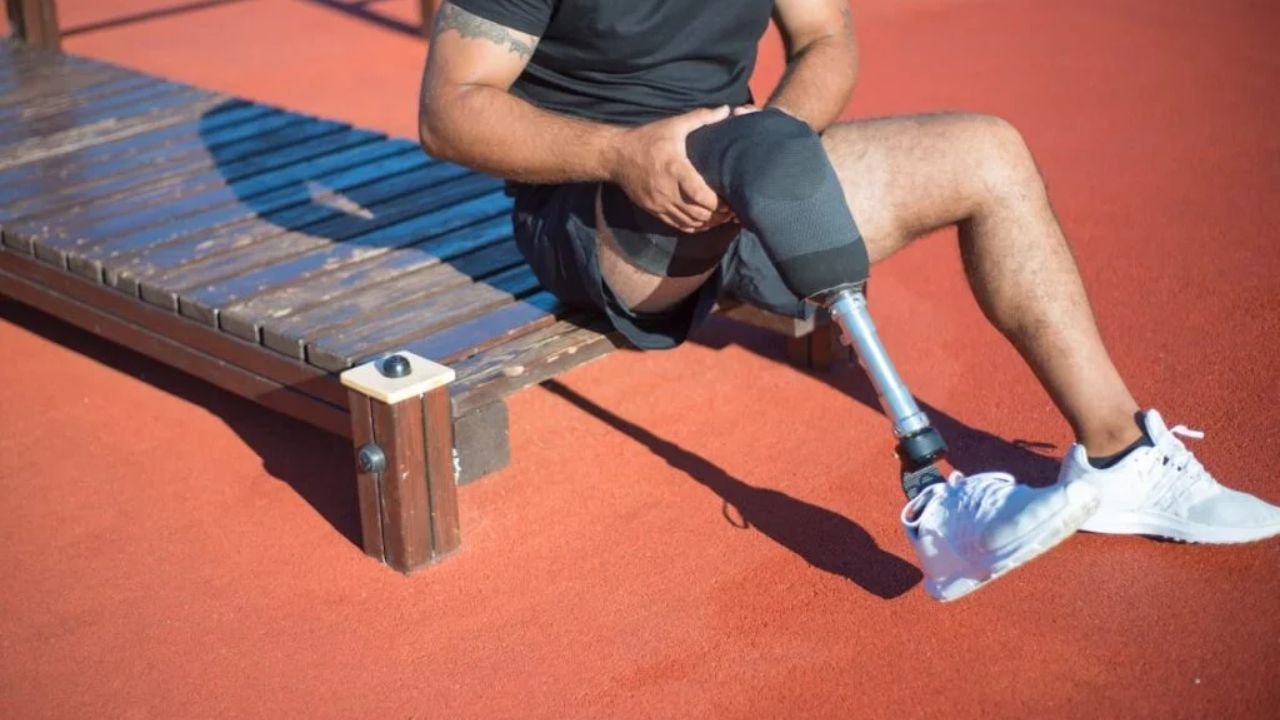Gnats are tiny insects that often appear harmless. Yet many people ask, do gnats bite? The answer is yes, but not all species. Some gnats are harmless, while others feed on blood. Their bites cause red bumps, itching, and irritation. These insects are common indoors and outdoors, especially near damp or wet areas.
Gnats are often hard to see because of their size. Their bites can happen before you even notice them. This makes them even more frustrating. People often confuse them with mosquitoes, but gnat bites look and feel different. Knowing how to recognize them is important for proper care.
This guide will explain everything about gnats. We will cover what they are, the signs of their bites, prevention methods, and treatment. By the end, you’ll clearly know the answer to do gnats bite and how to protect yourself.
What Is a Gnat?
Gnats are small flying insects. They are less than one-eighth of an inch long. They are found across the United States and other regions. Gnats thrive in moist areas like farms, coastal zones, and wetlands.
There are two major types. Fungus gnats are harmless to people. They live in soil and feed on decaying plants. Biting gnats, also called biting midges, do feed on humans and animals. Only the females bite because they need blood for egg production.
People call gnats by many names. These include midges, no-see-ums, punkies, black flies, buffalo flies, and moose flies. Each name depends on the region.
Do Gnats Bite Humans?
The question do gnats bite is often asked by those dealing with them. Not all gnats bite, but female biting midges do. They feed at dawn and dusk. Some even continue at night.
The saliva of biting gnats prevents blood from clotting. This allows them to draw blood for several minutes. Because they are tiny and quiet, most people don’t feel the bite until itching starts.
Fungus gnats, however, never bite. They stay around plants and soil. So it depends on the type of gnat you encounter.
Signs of a Gnat Bite
Gnat bites usually appear as small red bumps. They may be raised or swollen. They are often itchy and irritating. Bites commonly occur on exposed skin such as arms, legs, and neck.
Symptoms of gnat bites include:
- Small, red, raised bumps
- Swelling around the area
- Intense itching or burning
- Blisters in rare cases
The body reacts to the saliva injected during the bite. This reaction triggers redness, itching, and sometimes more severe symptoms.
How Do Gnats Bite?
Many people wonder, do gnats bite in the same way as other insects. Gnats use sharp mouthparts to pierce the skin. They inject saliva that contains anticoagulants. This stops blood from clotting and makes feeding easier.
The bite usually lasts two to five minutes if not disturbed. Since gnats are very small, most bites happen unnoticed. The itching and redness appear later, which makes prevention essential.
Gnat Bites vs Mosquito Bites
| Feature | Gnat Bite | Mosquito Bite |
| Size | Small, red, tiny bump | Larger, round bump |
| Itching | Mild to intense | Moderate to strong |
| Time of activity | Dawn, dusk, nighttime | Evening, nighttime |
| Noticing the bite | Often unnoticed until itching | Usually felt while biting |
Why Do Gnats Bite?
The main reason biting gnats feed on blood is reproduction. Female gnats need blood to produce eggs. That is why they target humans and animals.
Unlike fungus gnats, biting gnats survive on blood meals. This makes them more troublesome in areas close to water bodies. Their bites are not usually dangerous, but they are irritating.
How to Care for Gnat Bites?
Proper care is necessary once bitten. The goal is to ease itching and prevent infection. Scratching the bite often makes things worse.
Care Steps:
- Wash the area – Use mild soap and water. Dry gently.
- Apply cold compress – Wrap ice in a towel. Place it on the bite for ten minutes.
- Use anti-itch cream – Apply hydrocortisone cream up to three times daily.
- Take antihistamines – Diphenhydramine reduces itching and swelling.
These steps speed up healing and reduce irritation.
Home Remedies for Relief
Some people prefer natural remedies instead of medicine. These can calm the skin and ease irritation.
- Aloe vera gel cools and heals skin.
- Honey fights infection naturally.
- Baking soda paste reduces irritation.
- Oatmeal paste soothes itching and swelling.
These remedies are safe and can be applied directly to the bite.
Prevention: How to Avoid Bites?
The best solution is prevention. It is easier to avoid bites than to treat them later. Knowing when gnats are most active helps.
Prevention Tips:
- Stay indoors during dawn and dusk.
- Wear long clothing outdoors.
- Use insect repellents with DEET.
- Keep windows and doors screened.
- Avoid standing water near the home.
Taking these steps reduces your risk of getting bitten.
Complications from Gnat Bites
Most gnat bites heal in a few days. But sometimes, complications develop. These may be infections or allergic reactions.
Possible Complications:
- Infections – Scratching can open the skin. This allows bacteria to enter. Signs include spreading redness, pus, and pain.
- Allergic reactions – Rare but serious. Symptoms include trouble breathing, dizziness, wheezing, and fainting.
If these signs occur, seek medical help immediately.
When to See a Doctor?
Not all bites require medical care. But in some cases, a doctor’s help is needed. Seek help if you experience:
- Severe swelling or pain
- Redness that spreads after two days
- Blisters that ooze fluid
- Difficulty breathing or dizziness
These are signs of infection or allergic reaction. Quick treatment prevents serious issues.
Do Gnats Bite Like Mosquitoes?
Yes, but the bites are smaller. Mosquito bites are usually rounder and more noticeable. Gnat bites are tiny and often missed until itching begins.
Both insects inject saliva that causes irritation. But mosquitoes are louder and easier to detect. Gnats are more sneaky because of their small size.
Conclusion
So, do gnats bite? Yes, some gnats do. Female biting midges feed on blood, leaving itchy red bumps. Fungus gnats do not bite, but they still create indoor problems. Most gnat bites are harmless, but infections and allergic reactions may occur.
Prevention is the best protection. Wear long clothing, use repellents, and avoid water areas at peak times. If you do get bitten, wash the area, apply a cold compress, and use creams. Most bites heal within days if treated well.
Understanding gnats helps you stay safe. With the right knowledge, you can prevent bites, treat them quickly, and enjoy the outdoors without constant worry.
Also Read About :- Detox Water



